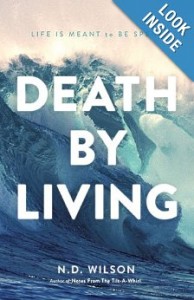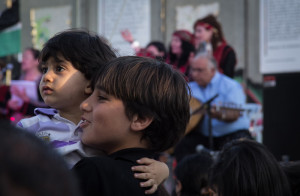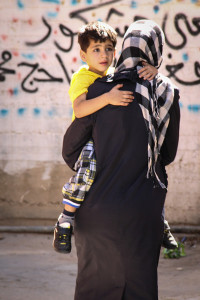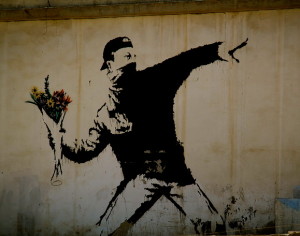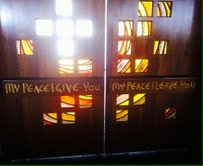 I spent yesterday morning at a local monastery seeking to create some space to not only clear my mind and heart, but to listen to the voice of the Creator. As life produces more and more “noise,” these times are hard to come by, but remarkably significant. I can’t imagine a better, yet more challenging way to begin a new week.
I spent yesterday morning at a local monastery seeking to create some space to not only clear my mind and heart, but to listen to the voice of the Creator. As life produces more and more “noise,” these times are hard to come by, but remarkably significant. I can’t imagine a better, yet more challenging way to begin a new week.
Much of my time was spent reflecting on something a mentor of mine recently said, “God’s will is not success, but peace.”
What does this mean? And if it means what I think it might, the implications seem pretty high.
What is “Success?”
In our culture, success has been defined primarily by how well we produce X that leads to wealth, power or reputation. Our identity is rooted far more in what we do (and how well we do it) than it is in who we are. And, to be honest, most of us don’t even know who we are. For me, it often feels like a daily struggle.
How Do We Define God’s Will As Peace?
It is the restoration of all things back to Himself. It is wrong things being made right. It is a humanity that is reconciled to God and to one another. It is knowing that our identity is not informed by what we produce, but by who we are as sons and daughters of the Father.
What would my life look like if I spent my best energy towards peace rather than the building of “success?”
When I pursue culturally constructed versions of success, my image bearing neighbors (near and far) become means to my end rather than ends in and of themselves. Not only do I fail to acknowledge their humanity, I lose my own. If success is anything other than about the love of other, then it will be destructive.
I don’t have to look far for examples of this. No, I simply have to look inward. This definition of success has infected my DNA as much as the next guy/girl. It is a daily reality that requires daily repentance and realignment.
To trust that God’s will is peace changes everything about how I live, love and lead. Rather than seeking to climb every ladder to stand over people, I begin to choose to pick up my cross and lift other people up. I become more concerned about living into who I am as a son of the Father than who I am perceived to be by those I seek to impress. I am free to love God and others selflessly, because self no longer takes center stage.
I become fully human again.
I have so much to learn and so many areas to grow.
I finished the day by walking the way of the cross. It was profound. In fact, it reminded me that walking the way of the cross isn’t a once a month spiritual disciple, but an everyday choice to follow the one who suffered so we might find life.
